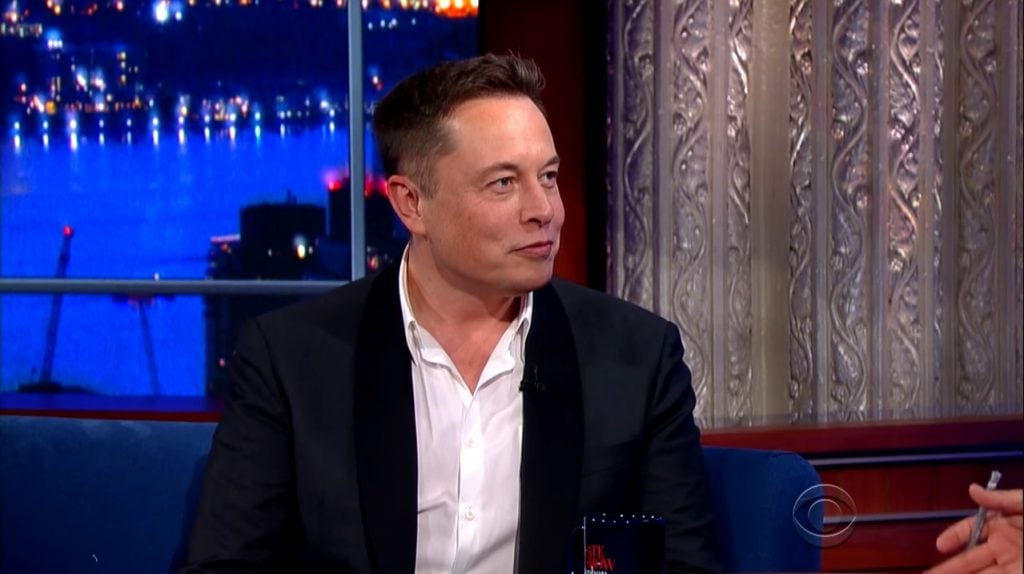Tesla Inc (NASDAQ:TSLA)’s acquisition of SolarCity in 2016 has come into scrutiny as Elon Musk is required to testify Monday about the $2.5 billion deal. A shareholder lawsuit alleges that the move was rife with conflict of interest, putting Musk once again under fire.
[soros]Q2 2021 hedge fund letters, conferences and more
“No Chance of SolarCity Going Bankrupt”
In the Delaware Court of Chancery, Elon Musk will testify under oath amid accusations of the acquisition being a bailout of “a troubled company founded by his cousins in which he was the biggest investor and chairman,” as reported by Forbes.
Further, Tesla overlooked SolarCity’s failure to yield the profits once promised by the CEO.
The purchase would give the world’s leading manufacturer of electric vehicles the opportunity to enter the solar panel business to recharge EVs.
In the wake of the acquisition, Elon Musk was quoted as saying during a call with analysts, “I’m pretty optimistic about how it’s going to turn out. It’s pretty transformational… It’s been extremely well received at the consumer level”.
Forbes reports that, during the same call, he was quick to snuff out any concerns about SolarCity’s faltering financial health, when he said: “There are quite a few naysayers on the financial front, some of the big hedge funds, whatnot… I see no chance of SolarCity going bankrupt. Zero.”
Tesla is part of the Entrepreneur Index, which tracks 60 of the largest publicly traded companies managed by their founders or their founders’ families.
Investors See no Value in Tesla’s Solar Business
As Musk became the company’s CEO and largest investor, shareholders filed the lawsuit alleging that Tesla directors “breached their fiduciary duties in bowing to Musk’s wishes and agreeing to buy the struggling company.”
The conflict of interest accusation is rooted in the fact that SolarCity was founded by Musk and two of his cousins, Lyndon and Peter Rive.
A $60 million settlement between the shareholders and Tesla’s board was approved by a judge in August 2020, but no settlement was reached with Musk. With no admission of fault by the board, Musk refused to settle, making him the sole defendant.
Wedbush analyst Daniel Ives asserts that the acquisition is a “clear black eye” for Musk and Tesla, ever since SolarCity has failed to yield any profit.
“It basically was putting good money after bad,” he says. “For all the successes and all of the unimaginable heights Musk has achieved, this is one of the lowlights.”
According to Ives, most investors place no value on Tesla’s solar business.
“I just think Musk and Tesla underestimated the challenges and the hurdles that the business brings.” Still, Ives asserts that Tesla’s energy endeavors could be “modestly successful.”












